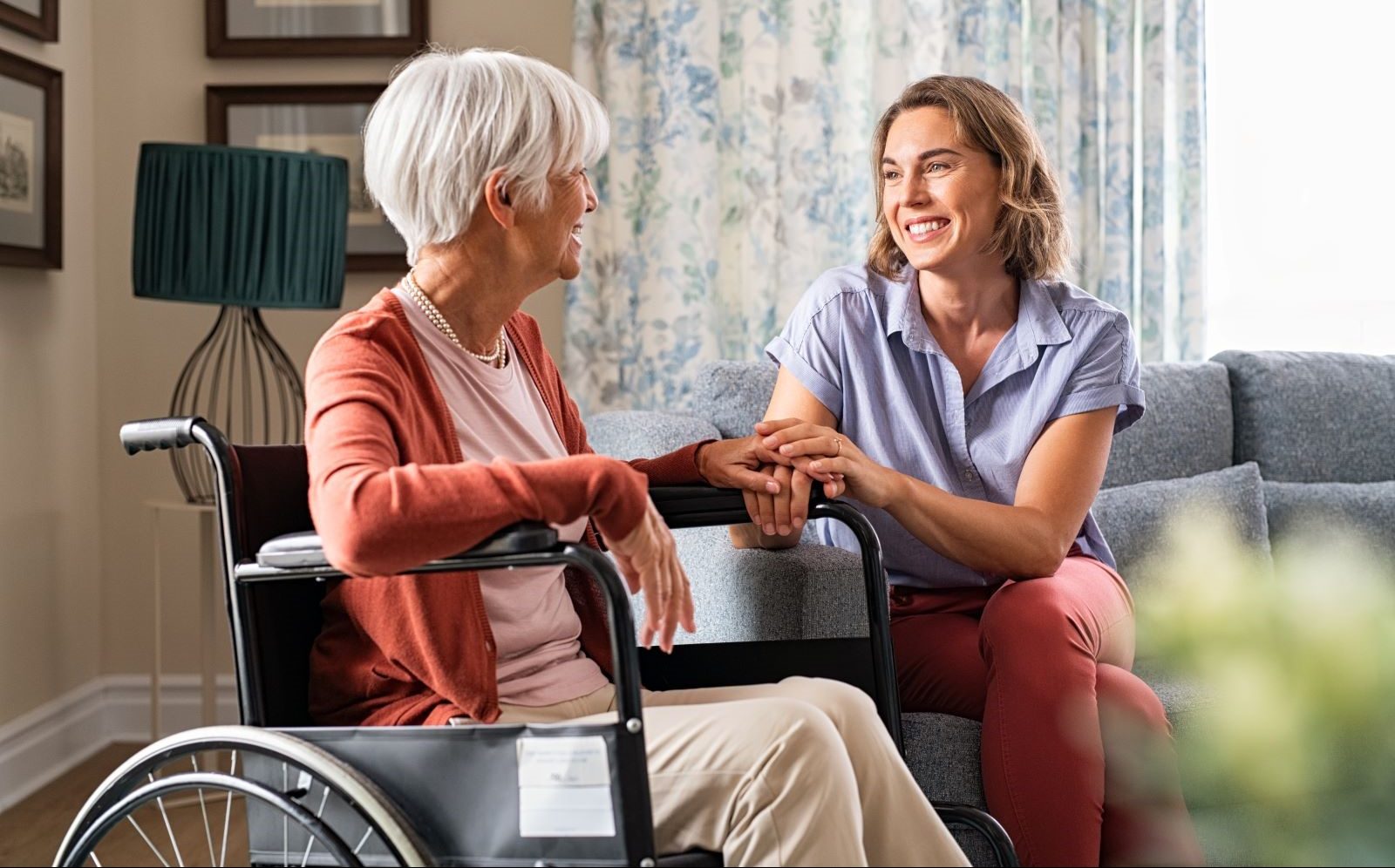As one of the nation’s first implementers of a tailored approach to caring for elderly patients, Hartford Hospital teams are ready share age-friendly techniques with the rest of the system.
Christine Waszynski, APRN, oversees the work needed to obtain and maintain the Age-Friendly Health Systems designation at the hospital as well as its NICHE (Nurses Improving Care for Health Systems Elders) hospital nursing designation. She is trying to identify people to do similar work at hospitals across the system.
“These designations mean we are paying attention to the needs of older patients. Hospitalization can be a traumatic event for them. They’re out of their element and they might have a coexisting condition like dementia or chronic conditions that impact their cognition. Add an acute illness or injury on top of that and they struggle,” Waszynski said.
Hartford Hospital started the journey almost 20 years ago becoming a NICHE hospital and has held exemplar status since 2014. NICHE is a national program administered through New York University and funded by the John A. Hartford Foundation, supporting best practice for the care of older adult in health care settings.
“This is a more global approach to care. We have what we call the four M’s, which we check at every encounter with a patient. There’s Mobility, Medication, Mentation (dementia/delirium/depression), and what Matters,” Waszynski noted.
While NICHE is centered on nursing, Age-Friendly involves a multidisciplinary approach that cultivates appropriate support for hospitalized elders in such areas as nutrition, rehabilitation, behavioral health and dementia. The structure of the program includes educating colleagues and “creating pathways for resources to help them do what they need to do,” said Waszynski.
“You can ask a nurse to play the patient’s favorite music, but they need to have a way to do it,” she said.
A major problem for hospitalized patients, especially the elderly, is delirium, a sudden change in mental status that can include confusion, disorientation, inattention and even hallucinations. The NICHE and Age-Friendly programs include guidelines to prevent, identify, intervene and mitigate delirium to help patients improve quickly and leave the hospital, Waszynski said.
“It’s something that can be missed if staff don’t know what to look for. We help the staff to reprioritize care to meet the needs of frail, older patients,” she noted.
Age-Friendly also embodies various measures to enhance the hospital experience for older patients. They include:
- A schedule of volunteers who sit, talk and reminisce with patients, providing valuable human contact.
- Visits from an activity cart stocked with word puzzles, lifelike, interactive cats and other items to keep patients engaged.
- Creation of a “Hartford HealthCare Cares About Me” poster detailing personal information like the patient’s occupation, interests, pet names and favorite television shows. These give staff ideas for interaction.
- Employing unique ways to keep families involved in patient care.
“When patients are happier and engaged, the risk of injury decreases, they are more likely to stay properly nourished and hydrated, they receive cognitive stimulation and they move more,” Waszynski said. “These steps make the hospital stay less scary and less harmful.”
Hartford Hospital was an early adopter of the Age Friendly Health System framework, achieving “Committed to Care Excellence” status in 2018. Programs have been implemented in both the inpatient and ambulatory settings, including older primary care to specialty geriatric oncology clinics.
“The goal is to move these programs to all of Hartford Healthcare, integrating both NICHE and Age Friendly tenets throughout,” Waszynski said, noting that every region has geriatricians to help older adults and their support systems.


